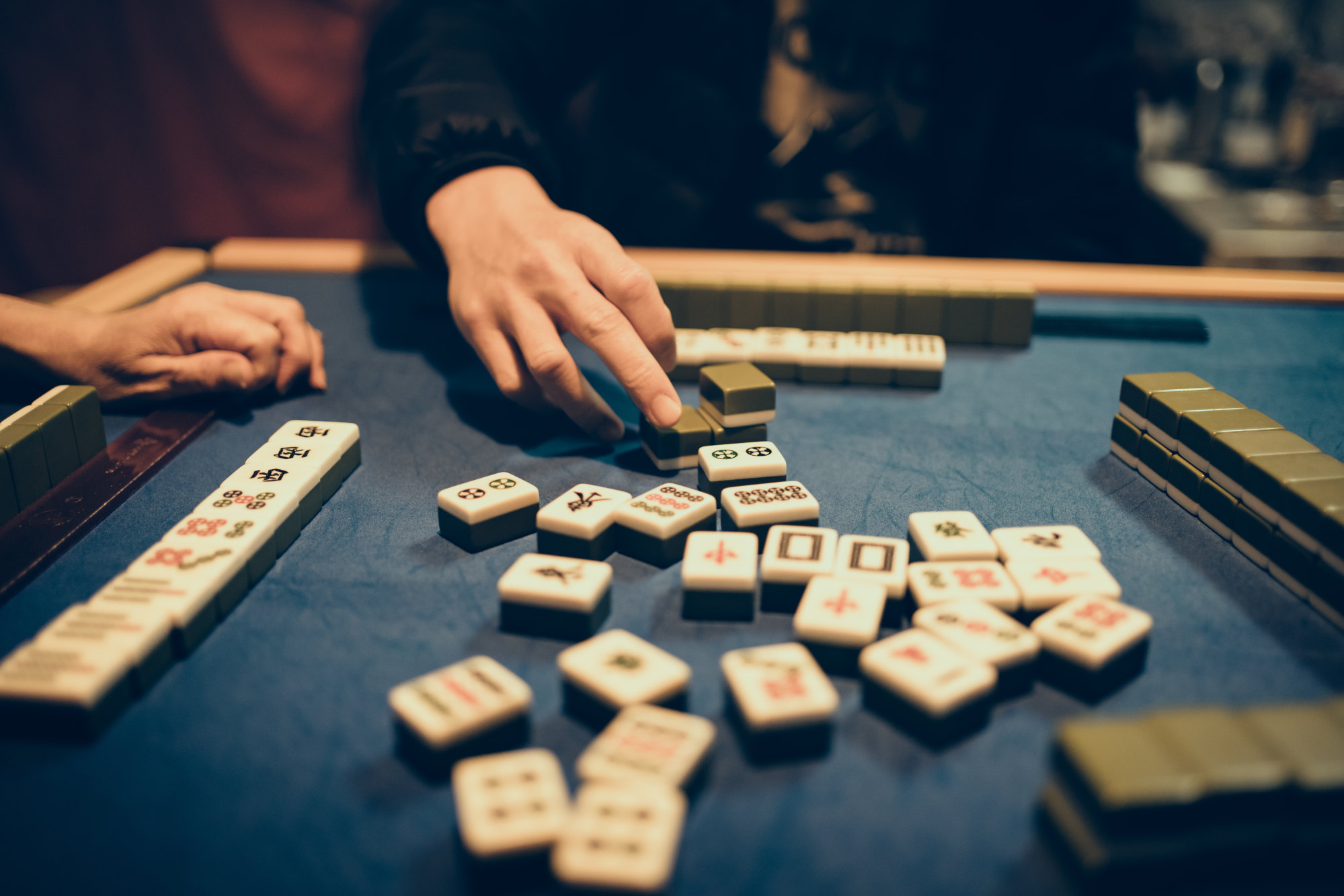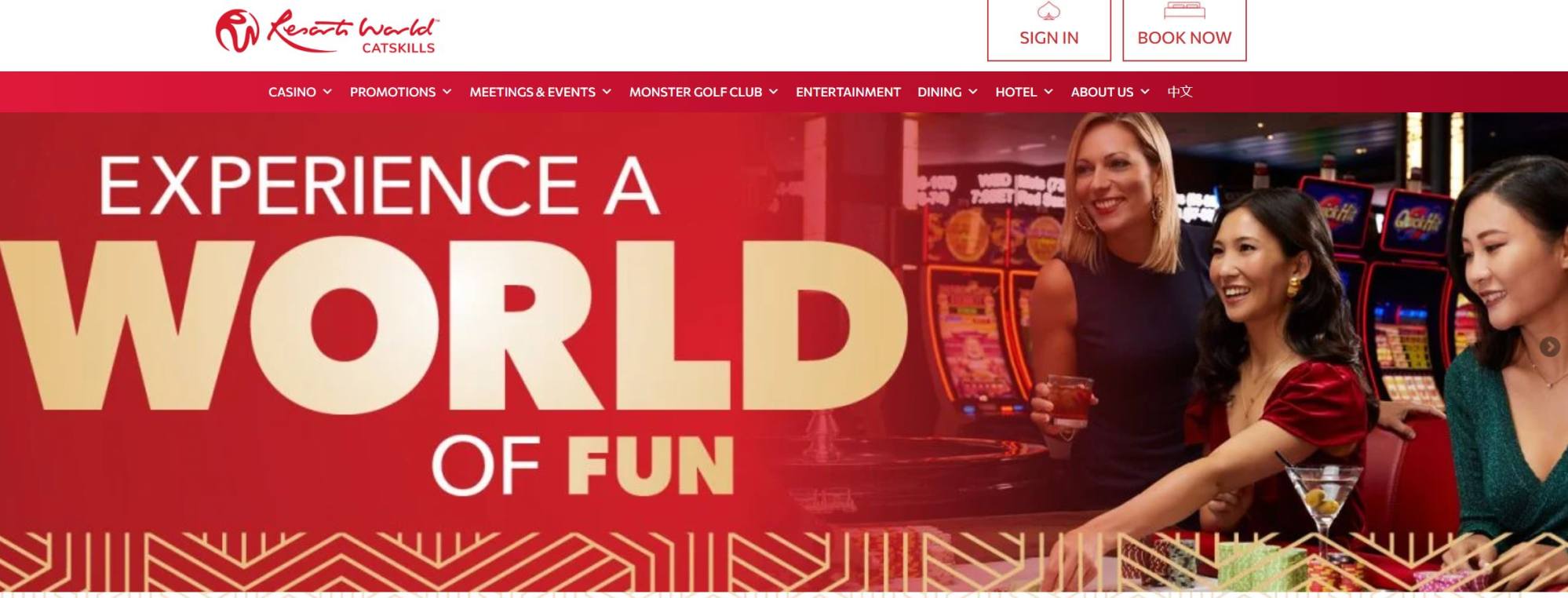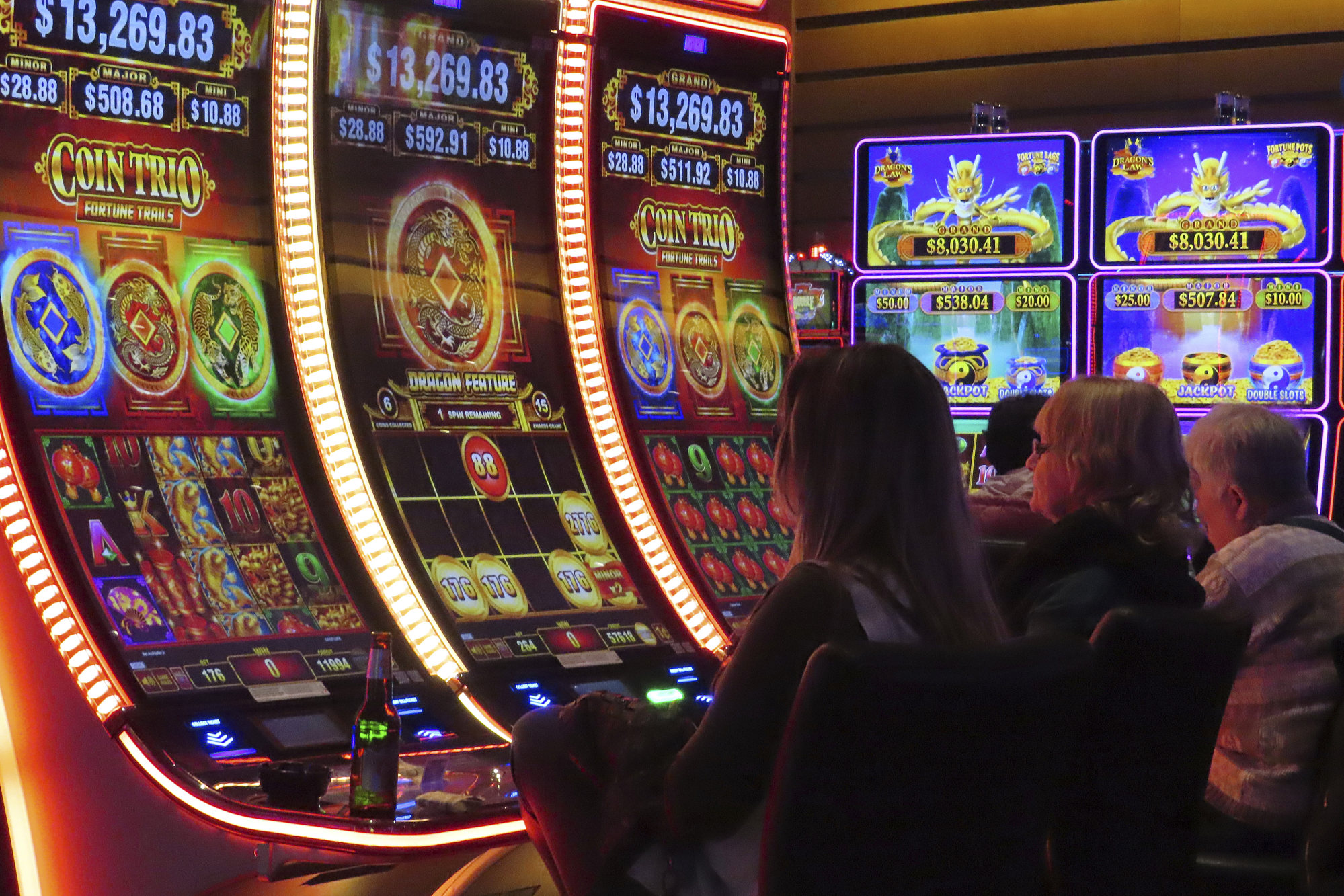Gambling
Risk management: as gambling grows in US, Asian-American addicts face increasing odds

Despite the added convenience, Ah Sheng is not a fan.
“I think it’s a bad idea to have more casinos,” said the 60-something Chinatown resident, who declined to give his family name. “Just don’t start like I did. If I have money, I get the itch and have to gamble.”
Among the proposed Manhattan sites include the Times Square, Hudson Yards and United Nations neighbourhoods. That has sparked unease in New York’s ethnically Chinese community – which, at some 628,000, is the largest outside Asia – worried that a population already inclined towards gambling addiction will see poverty, suicide and family turmoil soar.
According to the journal International Psychiatry, compulsive gambling tends to affect 2.5 to 4 per cent of the adult Chinese population, compared to around 1 per cent for Western counterparts. Other studies cite even higher disparities.
“Gambling addiction is pronounced within the Chinese community,” said John Liu, a Democratic state senator representing the Asian-heavy Flushing and Bayside neighbourhoods in the city borough of Queens.
“It’s also very clear that many of these casino companies specifically target the Chinese community, both in language, promotional materials in Chinese as well as the use of Chinese holidays and customs and even superstitions.
“It’s lucrative for the casino companies but damaging for the community.”
Resorts World Catskills did not respond to requests for comment. Others in the industry counter that what critics call predatory marketing is legal entertainment that satisfies market demand. The small percentage of abusers, they say, are offered gambling hotlines to deal with their addiction.
For many Asian cultures, going to treatment for addiction is taboo
Gambling, once limited to Las Vegas, is saturating US culture; over 100 million American adults, or 41 per cent of the US population, visited a casino in 2023, up from 28 per cent in 2021, according to the American Gaming Association, even as online betting proliferates.
New York is a case in point. Initially casinos were outlawed. Betting on horse racing was approved in 1908, Native American casinos in 1993, commercial casinos in 2013 and online sports betting in 2022.
New York State now hosts some two dozen casinos and racinos – casinos attached to racetracks with electronic games but no tables or dealers. Approval for the three new commercial licences is not expected before late 2025, given the lengthy evaluation process, public hearings and neighbourhood concerns.
Competition is fierce for the lucrative licences, with at least a dozen operators competing, although two already operating racinos are favoured, given their political connections and existing infrastructure that promises to fill state coffers faster. State estimates suggest the new licences could contribute US$1 billion annually, which will be channelled to mass transit budgets.
Gambling addiction experts and social workers say several factors work to elevate levels of gambling addiction in Chinese and other Asian communities.
Wagering modest amounts at mahjong is closely associated with Asian family celebrations, fuelling the belief that gambling is harmless.

Timothy Fong recalled his grandmother during spring festival wagers: “She’d say ‘don’t eat small, take big risks’.”
“These are cultural themes that were embedded in me,” added Fong, an associate professor of psychiatry and co-director of the University of California, San Diego’s gambling studies programme. “Are casinos just giving people what they want, or taking advantage of a vulnerable population?”
A common Asian belief also holds that winning signals or even shapes your fortune. Superstition’s impact is hard to quantify, Fong said, but some of his clients believe they can get rich, leave their low-end restaurant jobs and improve their fate. Alternately, if they’re losing, they believe their angry forebears are punishing them.
“A lot of patients say ‘I lost, but it’s OK because I sacrificed to my ancestors, they were hungry, needed to eat,’” added Fong.
“As a therapist, what do you do? It can’t be, ‘that’s not right’. At the same time, it’s perpetuating behaviours that are creating harm.”
The history of Chinese gambling – and efforts to wipe it out – also runs deep. Evidence of gambling extends back some 4,000 years, initially focused on cerebral games enjoyed by aristocrats for small sums, according to The Psychology of Chinese Gambling: A Cultural and Historical Perspective (2019).
As commoners joined in, higher stakes and faster-paced games followed, including ma diu, an early version of mahjong. Imperial crackdowns waxed and waned, peaking during the Qin dynasty (221–206 BC) when gamblers endured tattooing on their face. The Communist Party outlawed it in 1949, although it remains legal in Macau, a legacy of its Portuguese colonial history.

Si Yun Wang, director of Chinatown’s Hamilton-Madison House, which specialises in health services for vulnerable Asians, is bracing for a significant rise in gambling addiction when the new licences are approved.
She’s experienced the lure first-hand.
The daughter of parents from Shanghai and Guangdong, Wang grew up near Aqueduct Racetrack in Queens. After the horse racing track converted in 2011 to a racino many more Asians moved in “and property prices went way up”, she said.
Breaking a gambling addiction is difficult and protracted, and many mainstream Western cognitive behavioural therapies do not work particularly well in Asian communities, particularly among first-generation immigrants with little understanding of counselling, experts said.
“Things do not go the way the textbook says,” Wang said. “Not here, not in the Asian community.”
Relative to Western therapy with its focus on the individual, working with the entire family tends to produce better results among Asians, helping to drum home the message that gambling is not a reliable source of income, that it hurts those around you and that addiction is not predetermined by fate.
“For many Asian cultures, going to treatment for addiction is taboo, and by the time we get folks, the damage is pretty severe,” Fong said. “Parents say ‘don’t air the dirty laundry, it’s all of our problems, not your problems’.
“So that actually makes it better when families come in as a unit.”
Chinese addicts often start gambling in earnest after retirement to fight boredom and loneliness, lured by subsidised transport, images of glamour and financial incentives.
“Infinite reasons to play,” coos the Resorts World Catskills website. “Zero reasons to stay home.”

Adding to the counselling challenge, addicts often resist therapy – pressured by courts or desperate families being bled dry by loan sharks – and look for a quick fix. In cultures where discussing feelings is not second nature, counsellors say framing sessions as education rather than therapy, talking less and focusing on concrete steps tend to work best.
This might, for example, involve creating a plan to reduce a US$500 weekly gambling habit to US$400 and banking the savings so the results are tangible.
“There’s no such thing as ‘how do you feel’,” said Wang, in her modest Manhattan office beside the East River. “They’ll want us to pay all their debts, or give them a special lucky number to win it all back.”
Therapists say they also must counter clients’ belief that addiction is a personal failing, not a sickness, and that they deserve to be punished.
“A lot of patients say ‘thanks for meeting with me, but I don’t think I deserve another appointment,’” said Fong. “‘My fates are predetermined.’”
Another impediment is the limited number of therapists specialising in gambling addiction able to address the specific needs of the Chinese community.

This comes amid broader societal trouble. According to the National Council on Problem Gambling, some 2.5 million American adults have a severe gambling problem and another 8 million have mild to moderate problems. Additionally, public health experts say, among all addictions, gambling has the highest suicide rate driven by shame and despair.
While Liu, the state senator, does not advocate a ban on casinos or marketing, he wants more focus on the potential harm to the Chinese community and assisting affected families. “There’s little to no help that’s linguistically and culturally competent,” he said.
Political consultant Bill Hammond said that many state claims involving past approvals – that casinos would revive rural tourism, reinvigorate education, generate vast sums and be decided free of lobbying or politics – have fallen short. New York State has long favoured racinos, he added, propping up the declining but politically powerful horse racing industry.
“Why would the state want to subsidise a sport that involves gambling if it doesn’t have enough popular support to pay its own bills?’’ Hammond asked. “They have these conflicting impulses between the economic development rationale, the moneymaking rationale and the concern about creating a lot of addicts.”
Ah Sheng, dressed in faded blue cargo pants and a fishing vest, boarded the bus in front of a China Moutai liquor storefront just as a squabble erupted over assigned seats. At 9am sharp, the overheated bus headed off as riders read Chinese newspapers and gossiped until, just before 11am, rice and dumpling lunches emerged, chopsticks clanking on metal tins. “Eat now, you can’t bring food in,” he advised.
At the casino, riders lined up to exchange their bus ticket for slot machine credits before heading into the 100,000 square feet (9,290 square metres) hall with 150 gaming tables, 1,600 slot machines and two Chinese restaurants. Five hours later, done gambling for the day, the players boarded the return bus.
On the way back, Ah Sheng bought a bus ticket for the next day and recounted his start decades ago when a casino hosted Hong Kong singer Andy Lau.
“I tried the slot machine and made US$80,” he said. “That was a huge windfall because I was working in a restaurant making US$20 a day. Ever since, I’ve been hooked.”
His best win was US$26,000, which financed a three-month trip back to China, he said, but he lost US$16,000 another time. “In Chinatown, a lot of owners gamble their entire business away,” he added, looking out the rain-streaked window.
“Don’t fall for these bad habits.”










